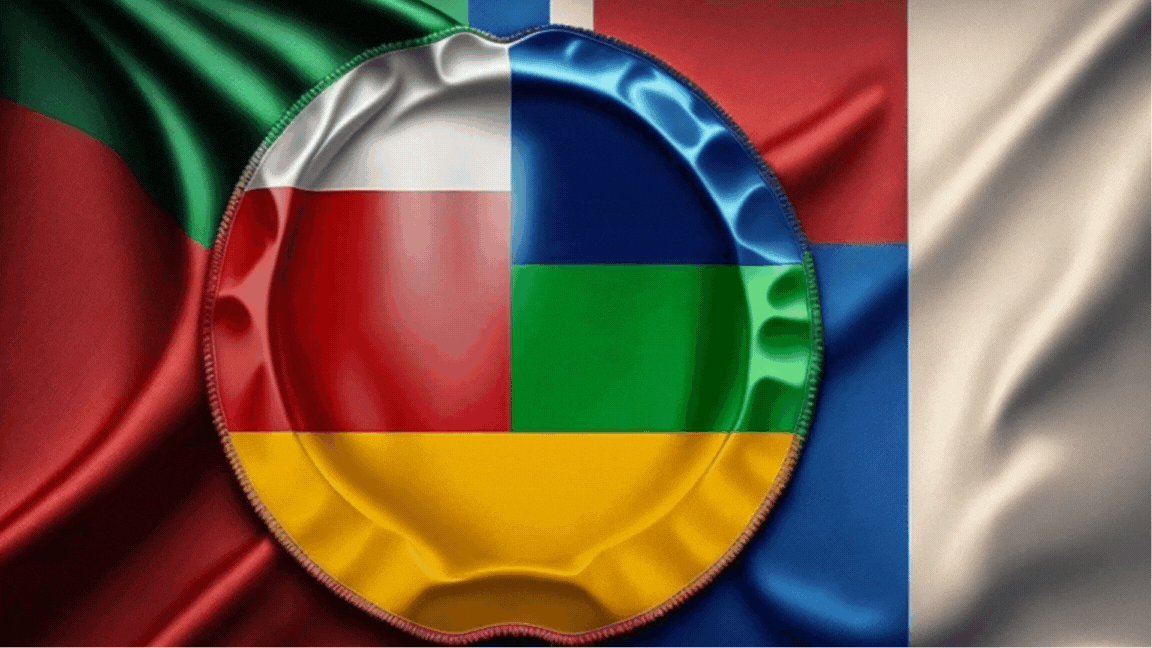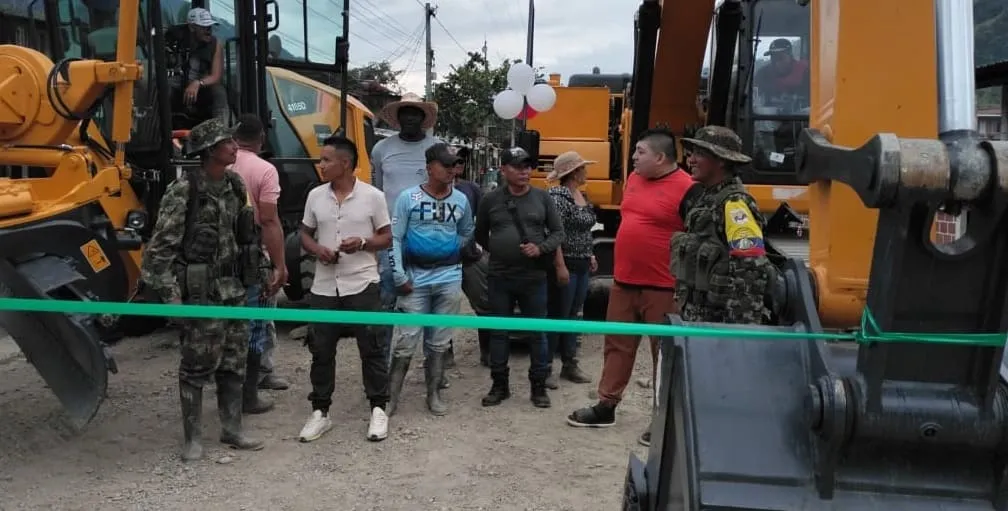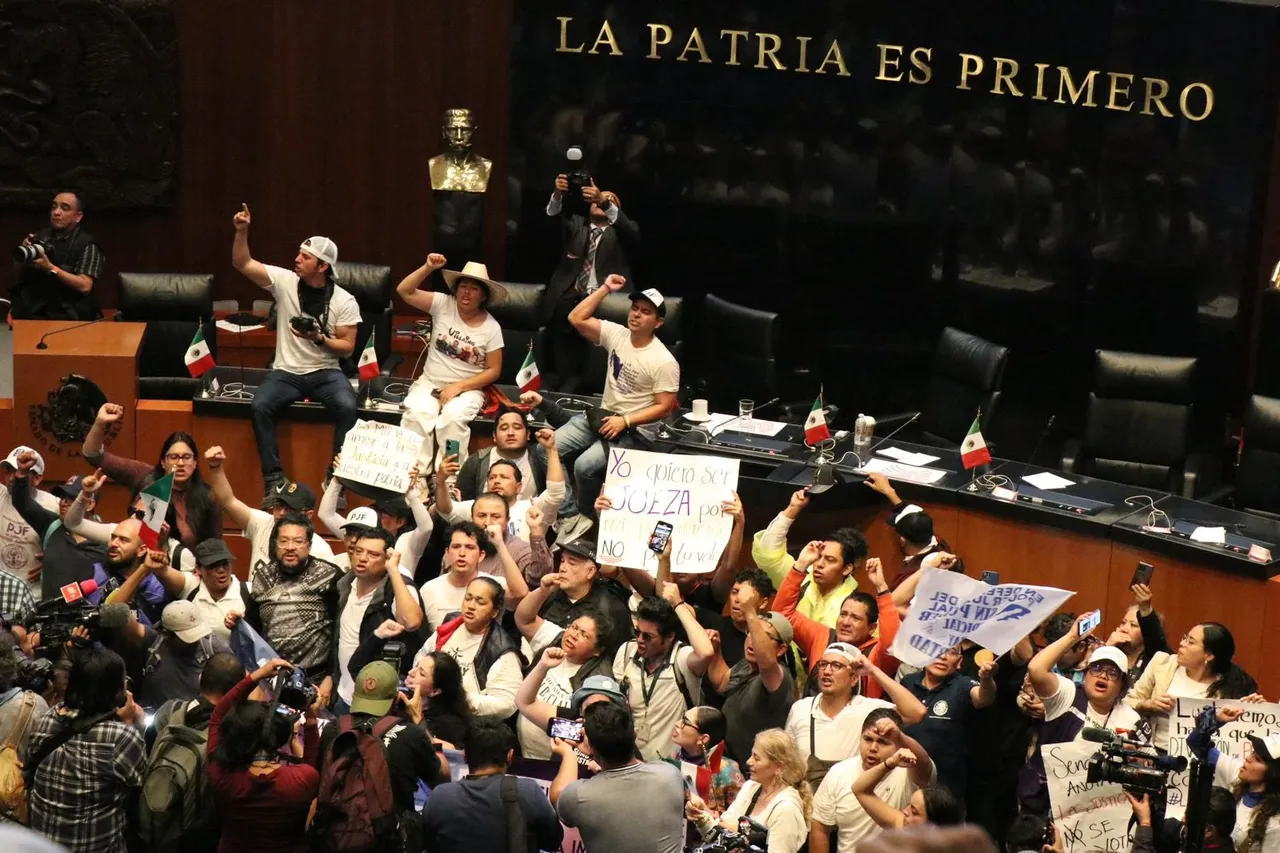
Coca
The so-called “Cañón del Micay”, a mountainous area of Colombia's troubled Cauca department, has long been in the headlines for the shocking level of activity of armed groups there. The municipalities of Argelia and El Tambo are the most compromised, as their location favors drug trafficking and the entry of contraband fuel, among other illicit trades. Throughout Cauca, and particularly in the Micay, the signatories of the peace agreement between the “extinct” FARC-EP and the Government of Juan Manuel Santos have been exposed to the criminal structures that have taken—or are trying to take—control of the area, many of them victims of selective assassinations or massacres.
The town of El Plateado in Argelia is the scene of the fiercest fighting, which, to top it off, usually takes place in the early hours of the morning. “Sometimes we are calm, we go to bed relaxed at night, but [then] in the early morning we are woken up by bombs, gunshots, [...] and that makes us live in fear day by day”, a local told Voice of America. “There are several armed groups here [...] who, because of the illegal economy we have, are fighting for the area [...] The presence of the army has aggravated the situation[, so we] are in constant anxiety”, says another local.
Thus, certain structures of the two main dissidents of the FARC-EP—the Central General Staff and the Second Marquetalia—and the National Liberation Army (ELN in Spanish) are responding with bullets to the peace policy that President Gustavo Petro tries to advance. Last weekend, blood was shed in another municipality in Cauca, reportedly as a result of a confrontation within a structure of the Central General Staff. Twelve people were killed, among them 5 women described as “sentimental companions” by the ELN.
 FARC-EP dissidents cut the ribbon at a ceremony for the delivery of machinery, in a community-driven effort to repair the roads (source).
FARC-EP dissidents cut the ribbon at a ceremony for the delivery of machinery, in a community-driven effort to repair the roads (source).Mexico
Dozens of Mexicans angered by the judicial reform promoted by MORENA entered the alternate seat where the Aztec upper house was in session, preventing for a time the continuation of the debate on the legislative initiative. When I finalized this report the senators were in control, but the session could extend beyond 30 hours, as it happened in the Chamber of Deputies. The MORENA caucus achieved an important last-hour adhesion which activates the qualified majority to approve the reform without dealing with opposition, but there are accusations that the governing political force appealed to the Underwood method of blackmailing opposition congressmen with the opening of investigations to them or their relatives. There were also allegedly offers of positions and other gifts.
Democracy? In the photo below you can see a group of protesters occupying the room where senators were discussing the reform (source).

When an opposition senator—qualified as Judas Iscariot—announced that he would vote for the reform, people tried to re-enter the hall but were repelled by the authorities. Tear gas and fire extinguishers have been used.
▶️ Se registran enfrentamientos entre manifestantes y policías capitalinos en las inmediaciones de la Casona de Xicoténcatl, antigua sede del Senado.
— El Universal (@El_Universal_Mx) September 11, 2024
📹 #VIDEO: @JCWilliams54 | EL UNIVERSAL pic.twitter.com/58UMpqs6tn
Haiti on US heated immigration debate
JD Vance false conspiracy about Haitian immigrants 'dangerous': Biden NSC spokesman @CNBC https://t.co/UaQHjhGpoK
— Edward A. Rowe (@EdwardARowe1) September 10, 2024
And this is all for our report today. I have referenced the sources dynamically in the text, and remember you can learn how and where to follow the LATAM trail news by reading my work here. Have a nice day.

